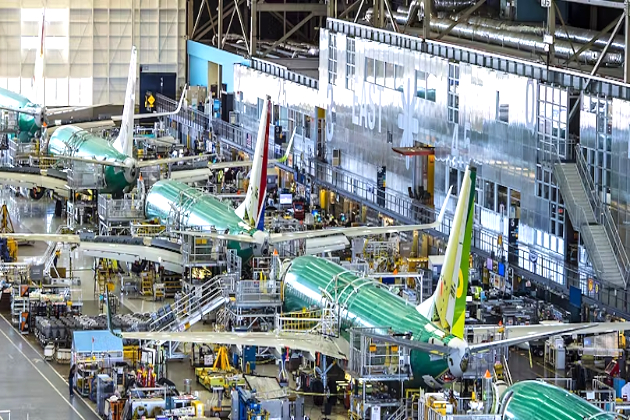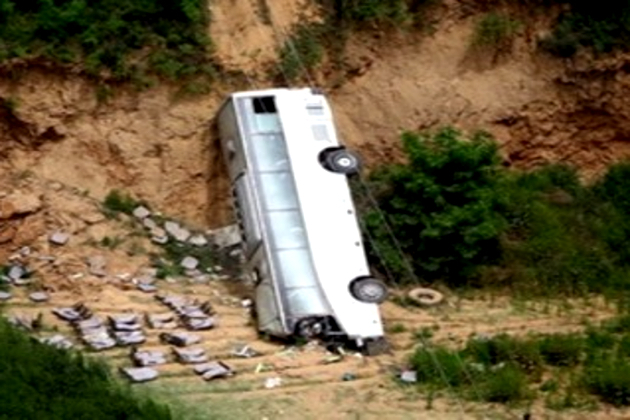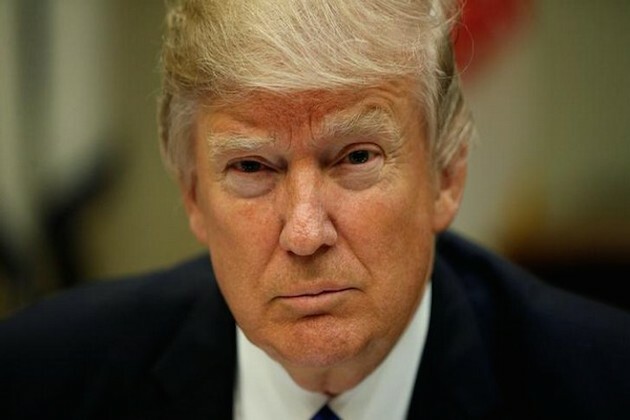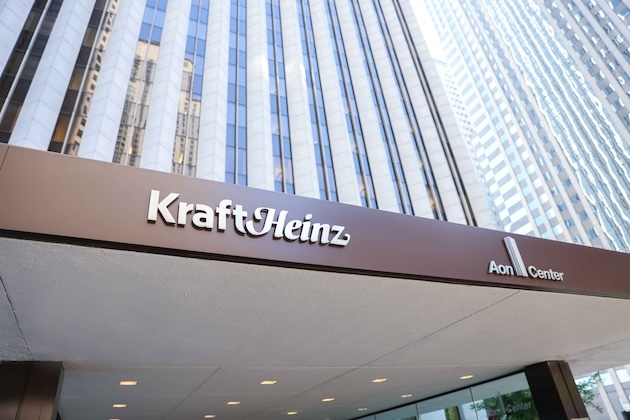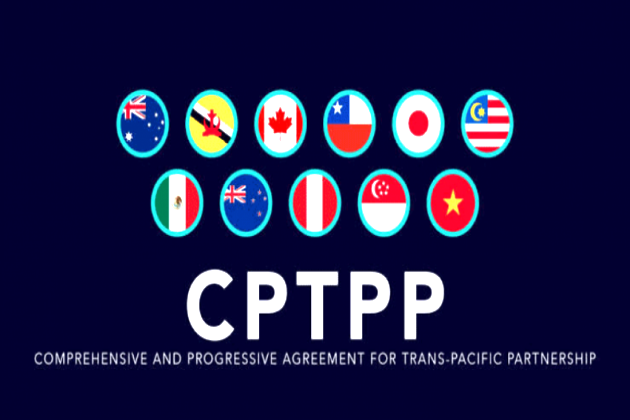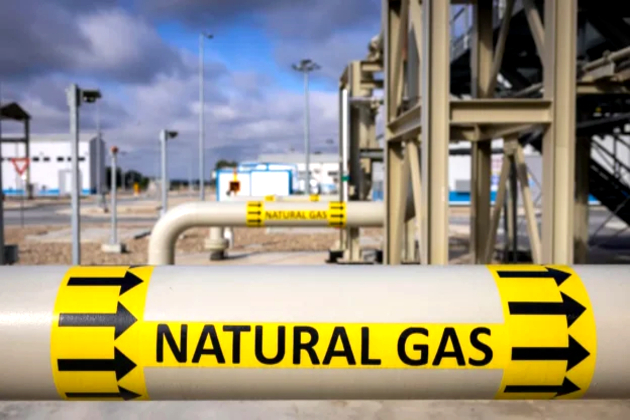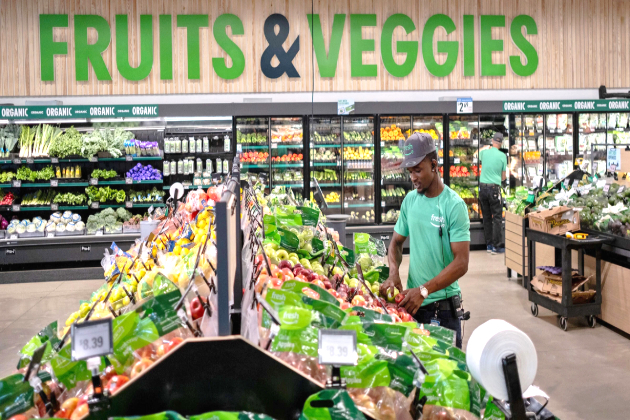China radically reshaping power in Central Asia
ANI
19 Jun 2022, 18:48 GMT+10
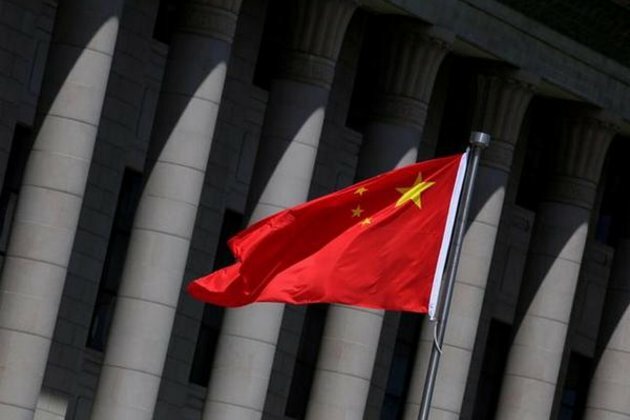
Beijing [China], June 19 (ANI): China's rise is changing the world. Much attention has been given to how China's geo-economic vision is playing out in the global economy, or how its technology is reshaping the planet, yet it is over its western borders, in Central Asia, that China's influence has been quietly expanding in a more pervasive way.
It is here that you can find the first strand of Xi Jinping's grand Belt and Road Initiative, China's new Silk Road to the West. It is to the Eurasian heartland that we can look for an understanding of China's new foreign policy vision and its consequences.
In "Sinostan: China's Inadvertent Empire," Raffaello Pantucci and Alexandros Petersen take readers into the heart of Eurasia for insight into Beijing's rise. Over a decade of travel, research, and writing went into the book, which charts the growth of Chinese power and presence in Central Asia, reported The Diplomat.
Pantucci is a senior fellow at the S Rajaratnam School of International Studies (RSIS) in Singapore and a senior associate fellow at the Royal United Services Institute (RUSI) in London. Petersen was an academic, writer, and geopolitical energy expert; he was tragically killed in a 2014 restaurant bombing and attack in Kabul, Afghanistan.
In Sinostan, two acclaimed foreign policy experts recount their travels across Central Asia to keep their fingers on the pulse and tell the story of China's growing influence.
They interview Chinese traders in latter-day Silk Road bazaars; climb remote mountain passes threatened by construction; commiserate with Afghan archaeologists charged with saving centuries-old Buddhist ruins before they are swept away by mining projects; meet with eager young Central Asians learning Mandarin; and sit with officials in all five Central Asian capitals, bearing witness to a region increasingly transformed by Beijing's presence.
Their stories and experiences illustrate how China's foreign policy initiative has expressed itself on the ground, and what it means for those living both within and beyond the boundaries of its 'inadvertent empire'.
Central Asia sits at the heart of China's foreign policy, not because of any expansionist ambitions but because it is an extension of domestic challenges in Xinjiang.
To build a strong economic environment to support Xinjiang, Beijing has been transforming Central Asia through infrastructure projects.
The book begins and ends in Xinjiang, and offers deep insight into recent turbulence across the region.
What Pantucci and Petersen saw in their research was a clumsily executed aim to staunch rising Islamic radicalism and hostility by driving economic development, reported The Diplomat.
It has a far clearer strategy for Xinjiang, and in some ways, Central Asia plays out as an extension of that, but this is incidental to the core aim of the vision which is to stabilize Xinjiang, said Pantucci and Petersen.
Beijing has long worried about stability and security in Xinjiang. Remote from the capital (two hours' time difference, if China used regional time zones, and about five or six hours by plane), China has struggled to maintain control.
At times this has spilled over into violence and even in much earlier years, instances of separatism. The most recent turning point came in July 2009 when rioting in Urumqi led to at least a couple of hundred deaths and the embarrassing spectre of the leader of the country having to leave a G8 Summit in Italy to come home and stabilize the situation.
China's push to change things along two axes: first, a heavy security presence, something that was imposed through "strike hard" campaigns - which had extensions into Central Asia from the reality that there have been attacks on Chinese interests and individuals there, as well as the fear that groups of dissident Uyghurs might use the region as a base to attack China.
Second, was a heavy economic investment into the region which is the long-term answer from Beijing's perspective to make Xinjiang stable, reported The Diplomat.
But to make the region prosperous, you need to encourage prosperity and connectivity in its neighbouring region. Xinjiang is in many ways the sixth or seventh Central Asian country (depending on if you also include Afghanistan).
Xinjiang is deeply intertwined with the region - there are large ethnically Kyrgyz, Tajik, and Kazakh populations in Xinjiang, in much the same way there are Uyghur, Han, and Dungan (ethnic Hui) populations living in Central Asia.
This highlights the fact that the region is tied to its neighbourhood, but also that Xinjiang is as far from the coasts and global maritime trade routes as any of the Central Asian countries.
So any economic development in Xinjiang is only going to come when you open up routes across Central Asia to Europe, Russia, and elsewhere, as well as trying to get into the opportunities and markets in Central Asia itself, said Pantucci and Petersen.
And of course, finally, Central Asia's mineral wealth is something that the insatiable Chinese economic machine will constantly need. All of this highlights the importance of the region to China, but critically to Xinjiang (in China's conception). (ANI) Share
Share
 Tweet
Tweet
 Share
Share
 Flip
Flip
 Email
Email
Watch latest videos
Subscribe and Follow
Get a daily dose of Singapore Star news through our daily email, its complimentary and keeps you fully up to date with world and business news as well.
News RELEASES
Publish news of your business, community or sports group, personnel appointments, major event and more by submitting a news release to Singapore Star.
More InformationInternational
SectionBoeing clinches record jet deal with Qatar Airways during Trump visit
DOHA, Qatar: Boeing secured its largest widebody aircraft deal this week, as Qatar Airways placed firm orders for 160 jets with options...
Goldman Sachs fined $1.45 million for trade reporting failures
NEW YORK CITY, New York: Goldman Sachs has agreed to pay a US$1.45 million civil penalty to resolve allegations from the Financial...
Firefighters’ union demands probe into soaring fire truck costs
WASHINGTON, D.C.: The largest firefighters' union in the United States is calling for federal antitrust authorities to investigate...
1 dead, 32 injured in tour bus crash on Los Angeles freeway
LOS ANGELES, California: One person died and 32 others were hurt when a tour bus and an SUV crashed on a freeway near Los Angeles over...
21 killed, 35 injured as bus plunges off cliff in Sri Lanka
COLOMBO, Sri Lanka: A passenger bus carrying nearly 50 people skidded off a cliff in Sri Lanka's central highlands, killing 21 and...
Trump signs order to cut US drug prices to global levels
WASHINGTON, D.C.: U.S. President Donald Trump signed an executive order this week to lower the cost of prescription drugs in the United...
Business
SectionKraft Heinz to invest $3 billion in US plants despite gloomy outlook
CHICAGO, Illinois: Kraft Heinz is committing US$3 billion to revamp its U.S. manufacturing plants, marking its largest investment in...
Sweden backs EU entry into Pacific trade bloc
STOCKHOLM, Sweden: Sweden plans to propose that the European Union join the Pacific Rim trading bloc, the CPTPP, aiming to create the...
Wall Street surges with major indices making weekly gains
NEW YORK, New York - U.S. stocks closed higher Friday with all the major indices capping weekly gains in the process. Markets are...
US Energy Department plans major regulatory rollback
WASHINGTON, D.C.: The U.S. Department of Energy has announced plans to eliminate or amend more than 40 regulations as part of President...
US inflation slows to 4-year low as food prices fall, rents rise
WASHINGTON, D.C.: In April, U.S. consumer prices went up slightly. Rent costs increased, but food prices went down, which helped keep...
US sees absolute decline in international visitor spending
NEW YORK - International travel spending in the United States is projected to decline by 7 percent in 2025, amounting to a US$12.5...

